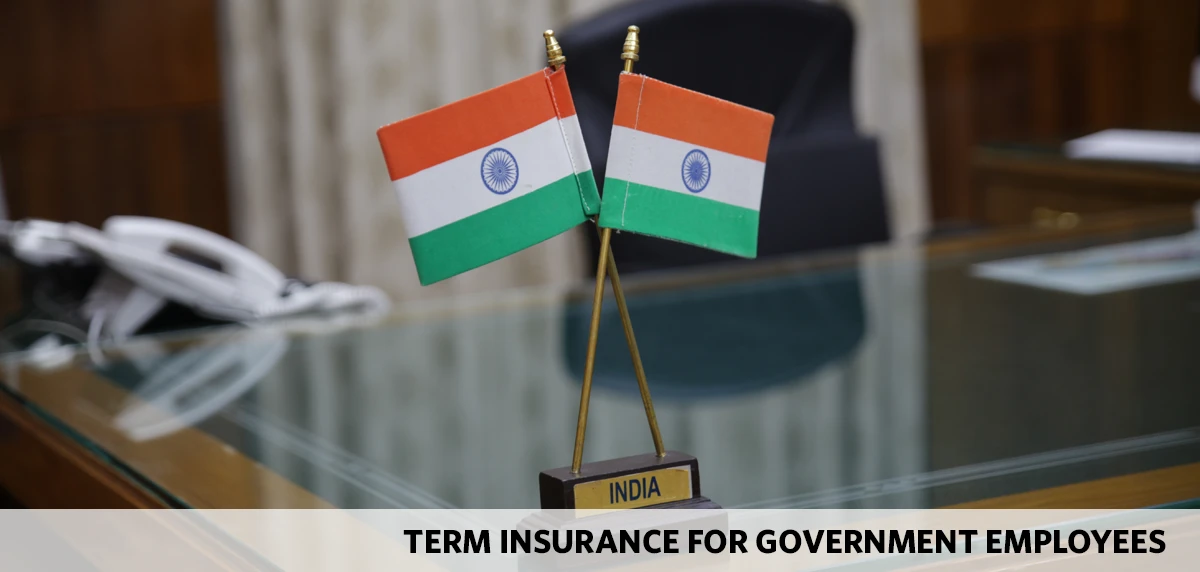Term life insurance is a financial safety net that provides coverage for a specific period. However, you may wonder: What happens if I outlive my term life insurance?
Since term policies do not offer a maturity benefit like whole life plans, it is crucial to plan for the future and explore available options.
Understanding Term Life Insurance
A life insurance plan offers financial security to beneficiaries/family members in case of an untimely demise of the insured. However, term life insurance is structured to provide coverage for a predetermined period, such as 10, 20, or 30 years. If the policyholder survives this period, the coverage ends, leaving them with no payout.
Knowing the next steps can help secure your financial future. It is always beneficial to be aware of the various options available so that you can make an informed decision that aligns with your financial goals.
Options After Your Term Life Insurance Expires
Renew the Existing Policy
Some insurers allow to renew term plans after the policy term ends. However, premiums likely increase due to age and potential health risks. This is an option for those who still need coverage but haven't planned alternative financial protection.
Convert to a Permanent Policy
Many term insurance plans offer a conversion feature. They allow the policyholder to shift to a whole life or endowment plan without undergoing medical underwriting. This is beneficial for those seeking lifelong coverage and wealth accumulation. Converting your policy ensures that you continue to have financial security in case of any unforeseen circumstances.
Purchase a New Term Plan
If you're in good health, buying a new life insurance plan may be a viable option. Comparing policies using a term insurance calculator can help you find a cost-effective plan suited to your needs. It is advisable to compare multiple options before making a final decision.
Invest the Savings from Premiums
If you no longer require life coverage, consider investing the money you would have spent on premiums into mutual funds, fixed deposits, or other long-term investment plans. A financial planner can help determine the best investment strategy. Strategic investments can help in wealth accumulation and provide financial stability in the long run.
Opt for a Return of Premium (ROP) Term Plan
Certain term plans come with a return of premium option, ensuring you receive a refund of all paid premiums if you outlive the policy term. Though the premiums are higher, return of premium term plan ensures you get back some financial value. This can serve as a financial backup for post-retirement expenses.
Importance of Early Planning
Planning ahead is essential to ensure financial security beyond the term policy period. Some proactive steps include:
- Assessing your financial needs and liabilities
- Using a term plan calculator to determine future coverage requirements
- Exploring investment options that align with your long-term goals
- Consulting a financial advisor for expert guidance on securing your future
Conclusion
Outliving your life insurance policy doesn’t mean you are left without options. Whether you choose to renew, convert, reinvest, or buy a new policy, planning is the key to maintaining financial stability. Evaluating term plans early and using financial tools like a term insurance calculator can help ensure a smooth transition after your policy expires.
Taking proactive steps today will help you stay protected and financially prepared for the future. By making informed decisions, you can secure your financial well-being and achieve peace of mind for yourself and your family.
























